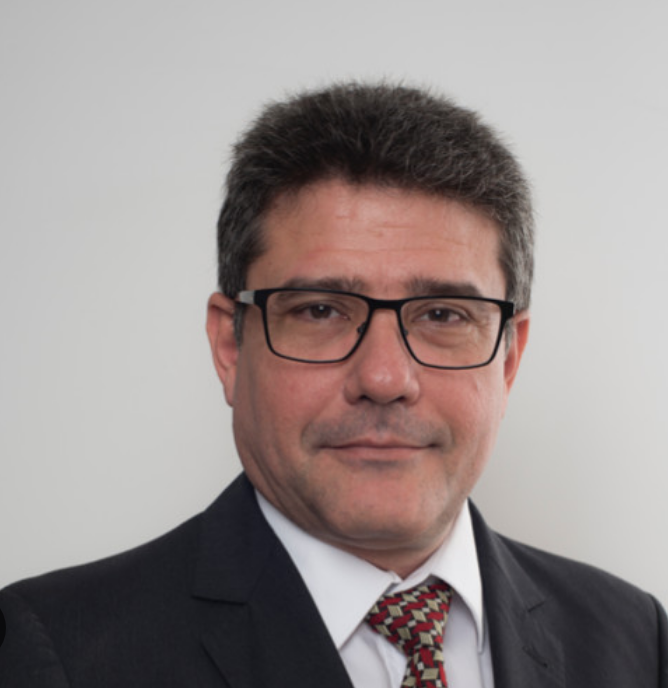Interviews
Professor Barros Neto (UFC): Long Term View
11:40 18 de November de 2022 Por Daniel Oiticica

Professor Barros Neto, coordinator of Ceará 2050
Ceará 2050 is a strategic development platform that outlines alternatives for the economic, sustainable and social development of Ceará for the coming decades, coordinated by the Federal University of Ceará (UFC), under the leadership of Professor José de Paula Barros Neto. In this interview, Barros Neto highlights that the platform is essential for the promotion of long-term public policies.
How do you evaluate the progress of the Ceará 2050 programs?
Currently, we have 20 defined programs, and in each one of them, several actions. Some are already being put in motion, while others will be implemented further ahead, due to project deadlines. Besides, all planning is open to adjustments. This is the case, for example, with the inclusion of green hydrogen (COLOCAR LINK) in the project, something that came up more recently, during and after the pandemic.
What is the role of the UFC in supporting the projects?
We have a very important role for the success of the initiatives. The University is a third party in conducting the projects, along with the State of Ceará and the private sector, mediating and helping to define the processes. In addition, the UFC has the expertise in coordinating large-scale projects and, above all, the responsibility for disseminating knowledge. Everything generated in the Ceará 2050 project can be passed on to society, students and teachers. This is the contribution we want to give to the project and to Ceará.
How does the Ceará 2050 project benefit Ceará’s development?
I think the benefits will be very positive. It must be remembered that Brazil has a deficiency in long-term planning. And this applies to both the government and the private sector. And this long-term vision is essential for governments to be able to consider public policies, which normally demand a lot of resources and implementation time. The sooner we think about these issues, the faster we can give new directions to Ceará’s development. This is the main objective of Ceará 2050: thinking about the State and bringing proposals for the future.
How do you evaluate the importance of the partnerships between the Academy and the public administration in development projects such as Ceará 2050?
It is a fundamental relationship, all over the world. The academic world has the generation and systematization of knowledge, the research method, while the government understands the demands of society, which allows it to define public policies and project the future of the state. Everyone wins when both work together.
